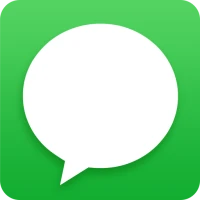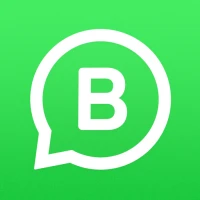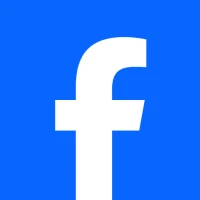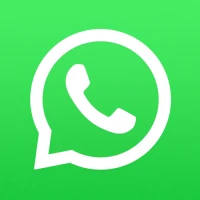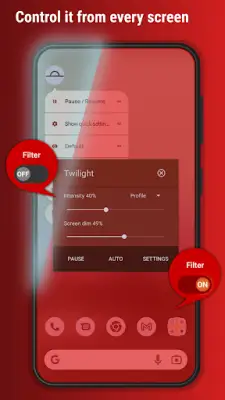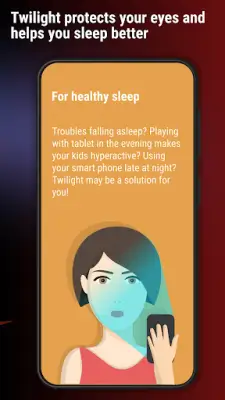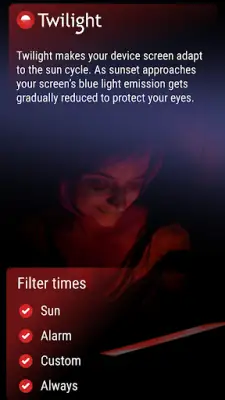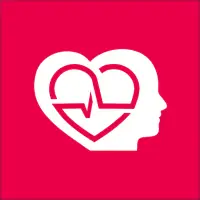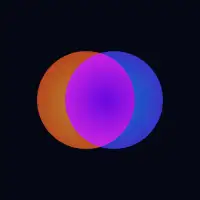Latest Version
May 31, 2025
Petr Nálevka (Urbandroid)
Health & Fitness
Android
0
Free
com.urbandroid.lux
Report a Problem
More About Twilight: Blue light filter
The Twilight application is designed to address the problem of light sensitivity during late evening times, especially for those who use smartphones or tablets before sleep or are prone to migraines triggered by light. Research indicates that exposure to blue light in the evening can disrupt natural sleep cycles by affecting the circadian rhythm, which governs our sleep-wake patterns. The app aims to mitigate this issue by filtering blue light emissions during sunset, thereby reducing negative effects on sleep and providing relief for sensitive users.
The root cause of this disruption lies in a photoreceptor in the eye called Melanopsin, which is particularly sensitive to blue light in the 460-480nm spectrum. When exposed to such light in the evening, Melanopsin suppresses the production of melatonin, a hormone essential for signaling the body that it’s time to sleep. Scientific studies have shown that reading on electronic devices before bed can delay sleep onset by approximately an hour, highlighting the importance of managing evening light exposure to maintain healthy sleep patterns.
The Twilight app adjusts the device’s screen to be less harsh on the eyes by applying a pleasant red filter that adapts smoothly according to the local sunset and sunrise times. By filtering out blue light after sunset, the app helps protect your eyes and supports your circadian rhythm. It can be used not only on smartphones and tablets but also on Wear OS devices, providing a seamless experience across different gadgets. Additionally, the app can dim screens beyond traditional brightness controls, which makes reading or using the device at night more comfortable.
To function effectively, Twilight requires certain permissions such as access to location for determining accurate sunset and sunrise timings, monitoring running apps to manage filtering, and adjusting display settings. It also offers features for automation through services like Tasker, enabling automatic activation based on time or location. The app’s design ensures that it enhances night-time device usage while respecting user privacy, as it only uses accessibility services to improve filtering without collecting personal information. Supported by scientific research, Twilight promotes healthier device usage habits and better sleep quality for users sensitive to evening light exposure.
Rate the App
User Reviews
Popular Apps
